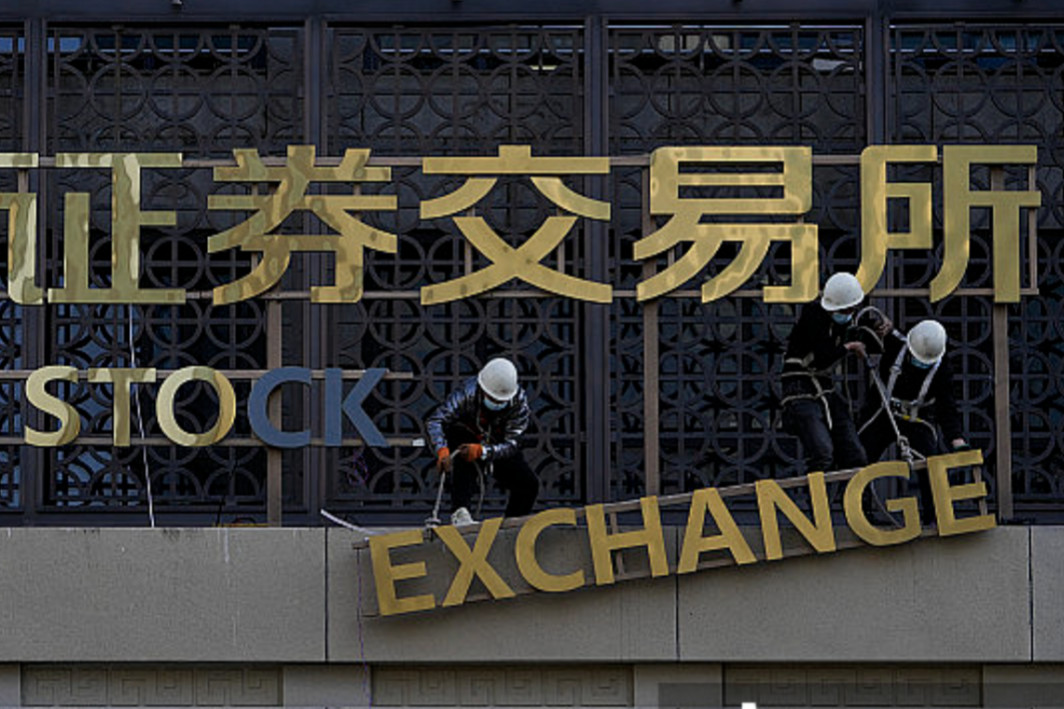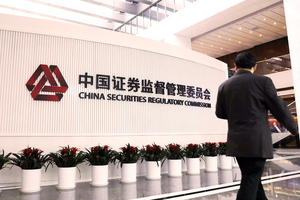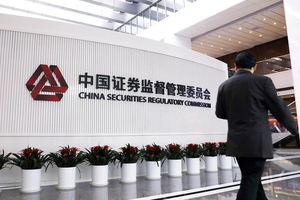China’s Stock Exchanges to Tighten Controls on High-Frequency Trading
Listen to the full version

China’s stock exchanges plan to impose stricter rules and extra fees on high-frequency trading — one type of controversial trading that has been blamed for fueling market turmoil this year.
The stock exchanges in Shanghai, Shenzhen and Beijing each released draft rules on Friday for program trading — which includes quantitative trading, whereby investors employ mathematical models and algorithms to make trading decisions and execute transactions. The rules, which are similar on the three bourses, are open for public comment through Friday.

Download our app to receive breaking news alerts and read the news on the go.
Get our weekly free Must-Read newsletter.
- DIGEST HUB
- China's stock exchanges are planning stricter regulations and extra fees on high-frequency trading, addressing concerns over its role in market volatility.
- The proposed rules define high-frequency trading and allow exchanges to strictly monitor and penalize "abnormal trading activities."
- Exchanges can impose transaction restrictions, suspend trading, and temporarily close markets if program trading causes significant disruptions.
- Ningbo Lingjun Investment Management Partnership
- Ningbo Lingjun Investment Management Partnership faced a three-day trading ban from the Shanghai and Shenzhen stock exchanges in February for allegedly causing a rapid decline in benchmark indexes by selling nearly 2.6 billion yuan ($366 million) of shares in less than a minute. This incident led to pledges for stricter supervision of quant trading by the exchanges.
- February 2024:
- The Shanghai and Shenzhen stock exchanges pledged to strengthen supervision of quant trading after imposing a three-day trading ban on Ningbo Lingjun Investment Management Partnership.
- 2024-06-07:
- The stock exchanges in Shanghai, Shenzhen, and Beijing released draft rules for program trading and opened them for public comment through 2024-06-14.
- May 2024:
- The China Securities Regulatory Commission (CSRC) released program trading rules, which will take effect on 2024-10-08.
- PODCAST
- MOST POPULAR







 Sign in with Google
Sign in with Google
 Sign in with Facebook
Sign in with Facebook
 Sign in with 财新
Sign in with 财新